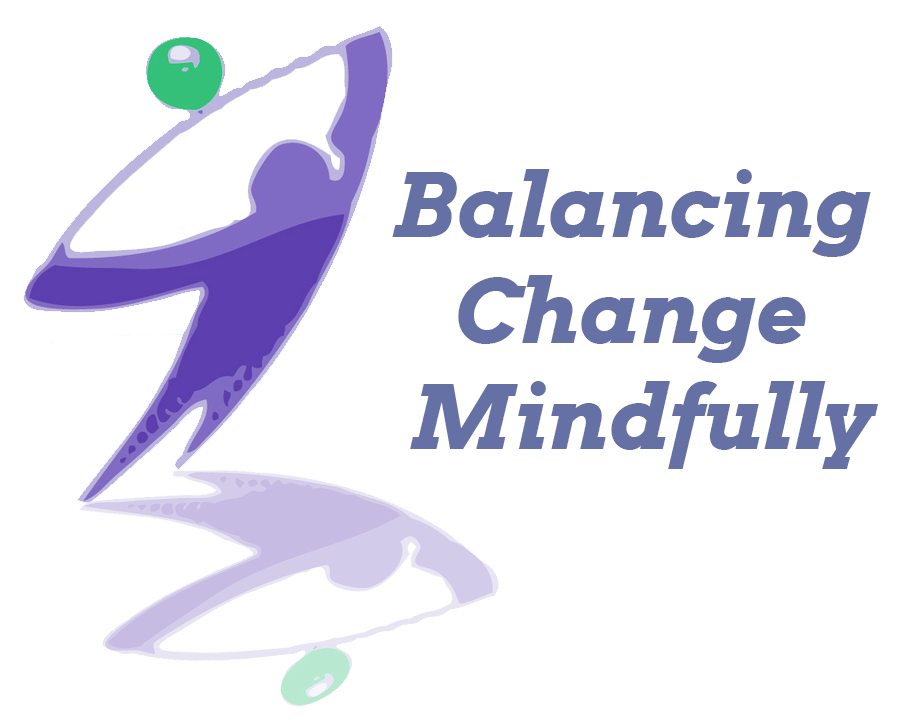Ayurveda: Mind, Body, And Soul

Learning about the ancient wellness system of Ayurveda is a little like studying the universe: vast, beautiful, complicated—yet once understood, completely sensical. Stick with it and Ayurveda might just reveal knowledge about yourself that could surprise, enlighten, and help prevent future health problems. In fact, Ayurveda—developed over 3,000 years ago in India—means “knowledge of life” in Sanskrit. The goal of Ayurveda is to get you to know yourself well enough to recognize any imbalances in your state and to correct them when discovered., allowing you to function at your most optimal and with limitless potential. In order to achieve this your body is treated like a trinity, mind, body and soul. Each stands within one another’s support, if one is ailing, they will all be affected. If there is cohesion between the mind, body and soul, everything that rests upon them is then in a place of cohesion and balance. What does that mean exactly? It means that creating and maintaining balance requires harmonizing a person’s five senses with the five elements of nature (space, water, air, fire, earth) — a critical component of Ayurvedic practice. Ayurveda focuses on correcting imbalances and preventing illness by unifying the microcosm of a person as it reflects the macrocosm of the universe.
General guidelines for balancing vata:
-
Keep warm
-
Keep calm
-
Avoid cold, frozen or raw foods
-
Avoid extreme cold
-
Eat warm foods and spices
-
Keep a regular routine
-
Get plenty of rest
General guidelines for balancing pitta:
-
Avoid excessive heat
-
Avoid excessive oil
-
Avoid excessive steam
-
Limit salt intake
-
Eat cooling, non-spicy foods
-
Exercise during the cooler part of the day
General guidelines for balancing kapha:
-
Get plenty of exercise
-
Avoid heavy foods
-
Keep active
-
Avoid dairy
-
Avoid iced food or drinks
-
Vary your routine
-
Avoid fatty, oily foods
-
Eat light, dry food
-
No daytime naps

